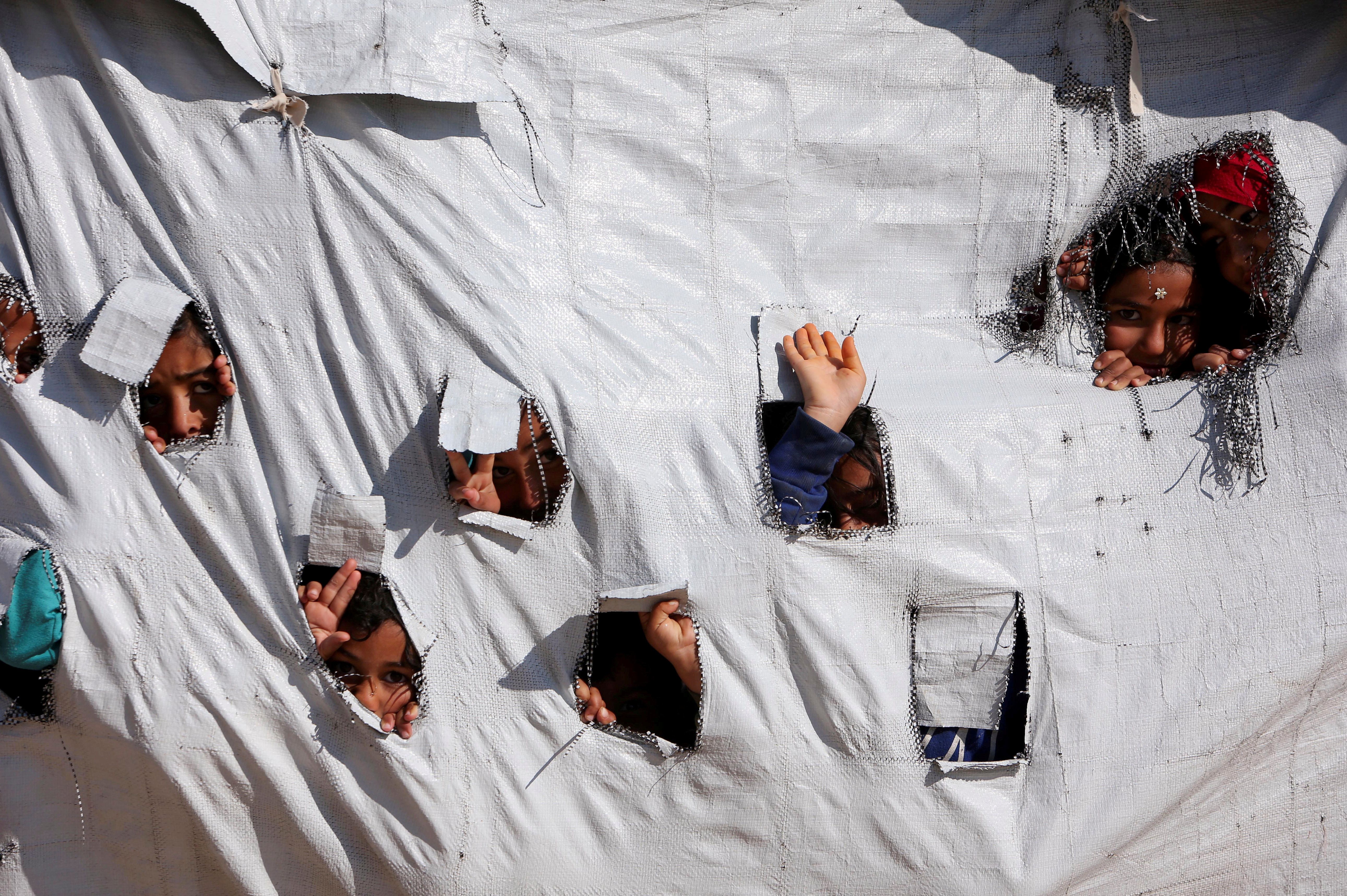Turkey's government has captured many thousands of ISIS fighters as a result of its operations in northern Syria. Many of these prisoners have already been deported to some of the more than 100 countries they come from, and Ankara says it intends to send more. There are also more than 10,000 women and children – family members of ISIS fighters – still living in camps inside Syria.
These facts create a dilemma for the governments of countries where the ISIS detainees are still citizens: Should these terrorist fighters and their families be allowed to return, in many cases to face trial back home? Or should countries refuse to allow them back?
Consider the best arguments from both sides…
Accept them:
- Repatriated fighters and their families should stand trial for membership in a terrorist organization at home, and the guilty should go to jail. That's better than allowing them to remain at large.
- Some of these ISIS fighters and their families were brainwashed. Others, particularly some of the women, were coerced to join a fight they wanted no part of. Yes, many of those who claim to be victims are lying, but it's better to allow a guilty person to return home to stand trial than to leave an innocent person to a potentially terrible fate they don't deserve.
- Then there are the children, thousands of whom were born in Syria. They're guilty of nothing. Many of these children are sick, malnourished, and at risk of death inside overcrowded and dangerous refugee camps, which are also centers of radicalization.
- Governments must abide by their own laws. Many of the fighters and their family members are still citizens of the countries they left, and citizens have rights. In many countries, the children of citizens are also considered citizens, even if they were born elsewhere.
Reject them:
- A citizen who declares war on his or her own government and carries out or enables the murder of innocent people should forfeit some rights—including the right of citizenship.
- It's true that some of these people may have been tricked or coerced into a war they didn't want, but how are courts in their countries of origin expected to separate fact from fiction.
- It is not the responsibility of governments to rescue people from their own bad decisions.
- Government has responsibility to protect all its citizens, not just those who chose a life of terrorism. On December 1, Usman Khan stabbed two people to death and wounded three others on London Bridge. Khan was a convicted terrorist, though not directly affiliated with ISIS, who was released after serving less than half of his 16-year prison sentence because he was judged to have been rehabilitated.
The Bottom Line: This debate will become more important in dozens of countries around the world in coming months and years, because the detention of thousands of people in camps in countries that don't want them is unsustainable.
What's the right answer? Tell us what you think.
